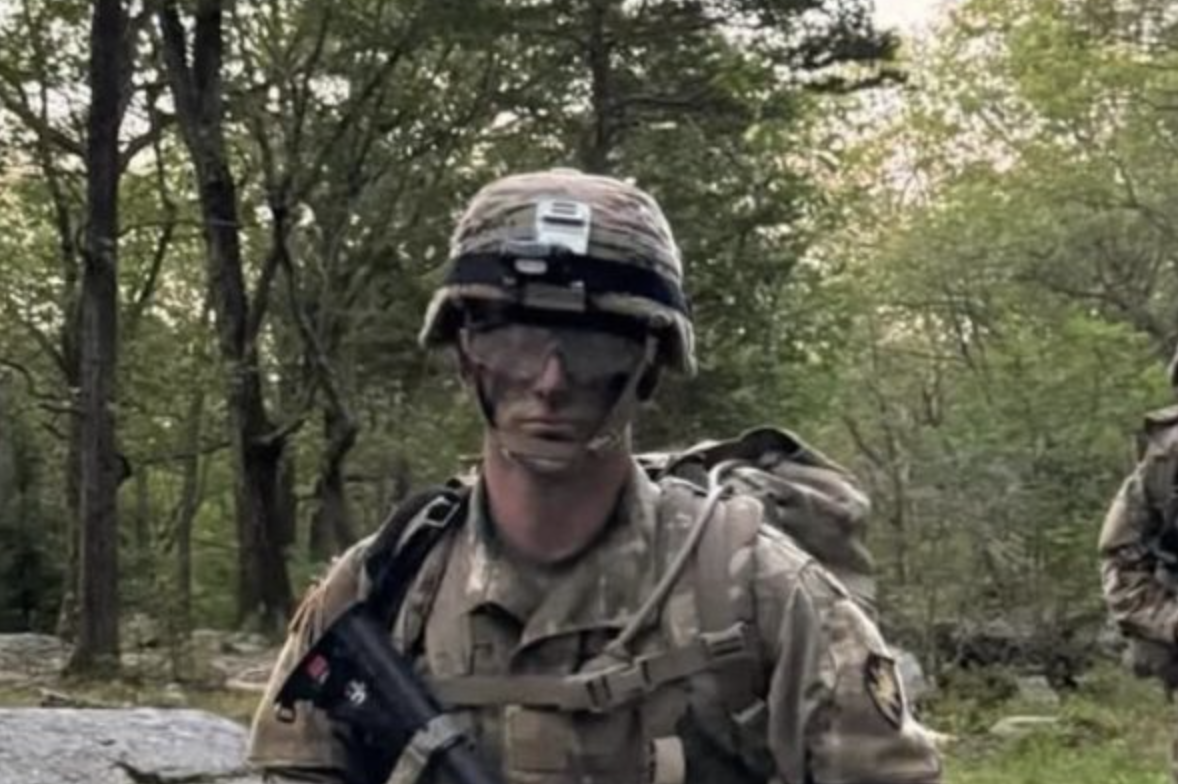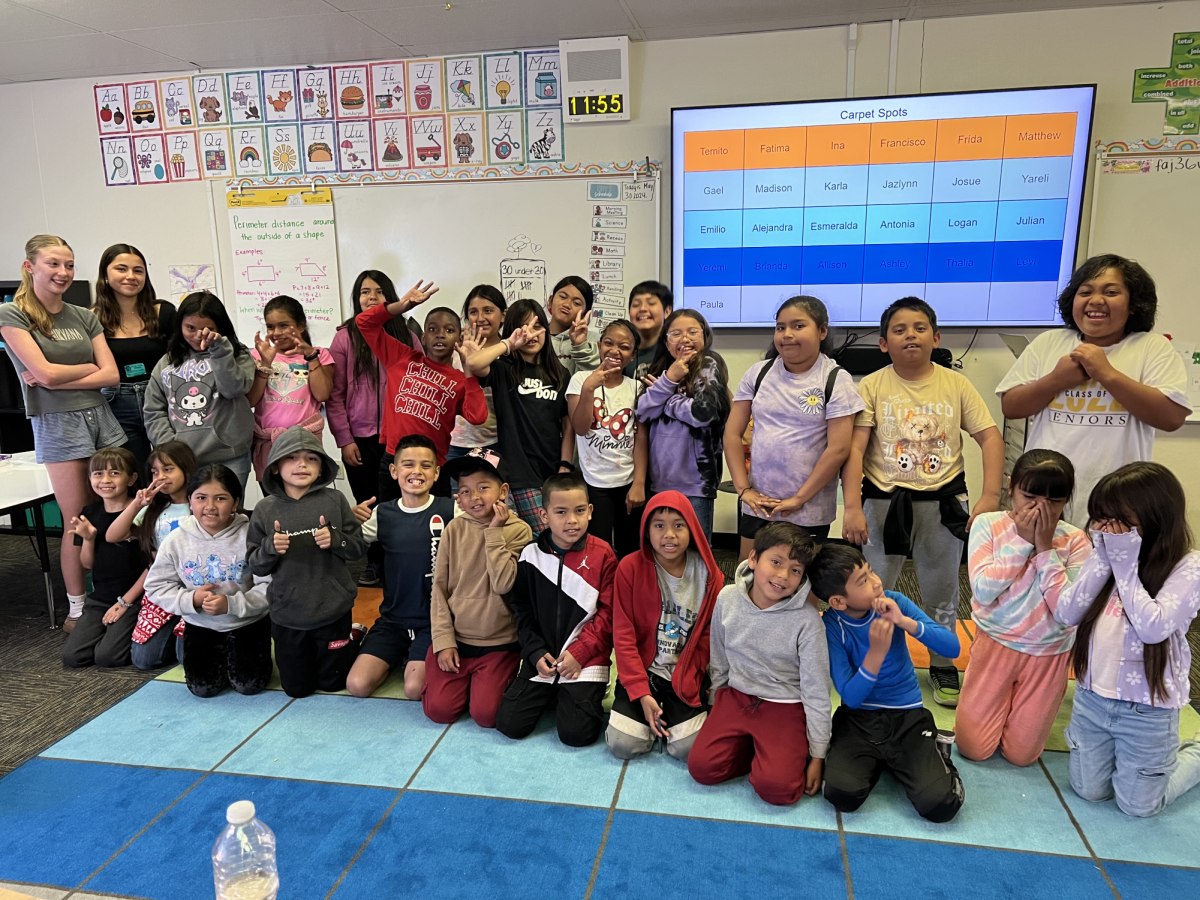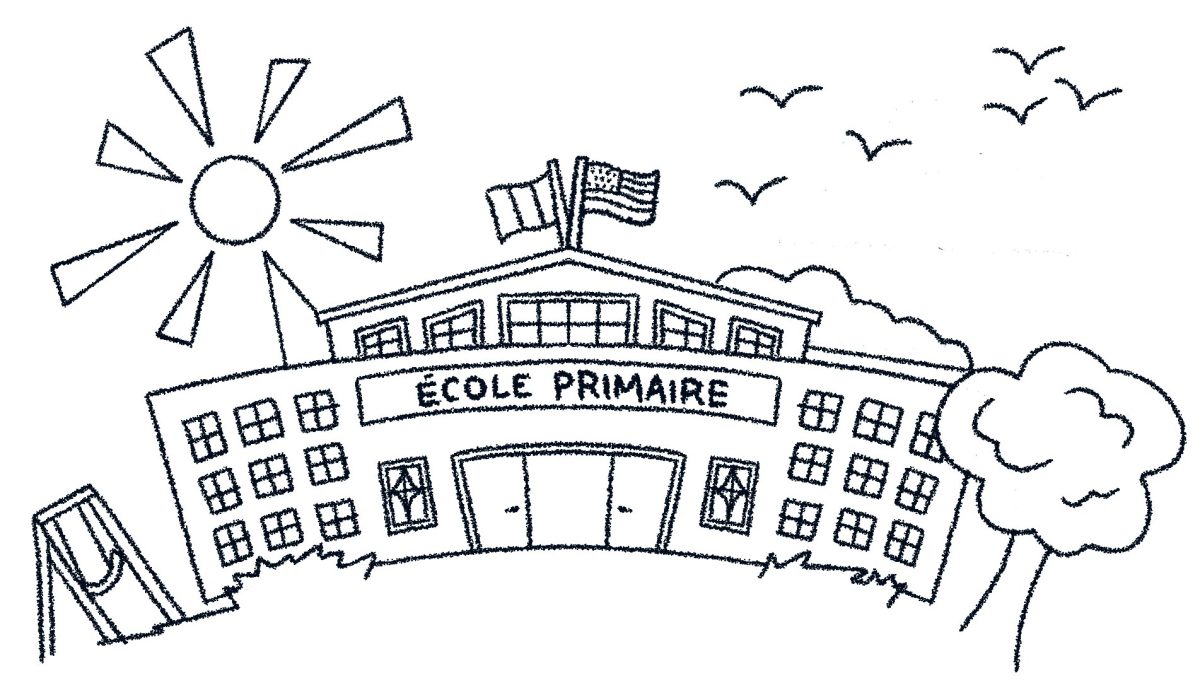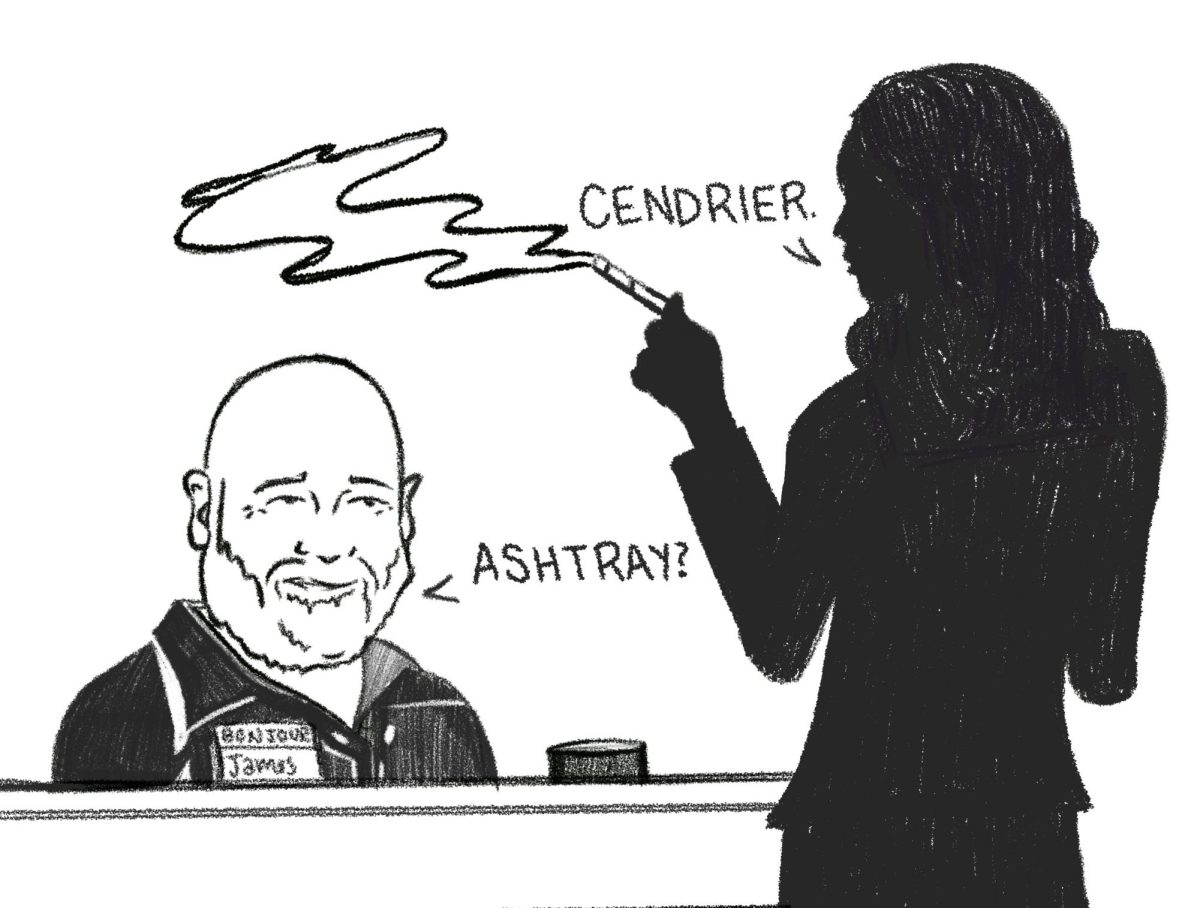Most students leave class with the same assignment as everyone else. But in Menlo’s IP Capstone program, students are encouraged to set themselves apart, whether that be by crafting a documentary or exploring a topic in a 30-page research paper.
The IP Capstone seminar gives students the opportunity to explore a subject of their choosing in-depth for a semester. Assisted by history teachers Sabahat Adil and Peter Brown, students conduct their own research which culminates in a final presentation to the Menlo community at the end of the semester.
Prior to enrolling, senior Jackson Deutch was intrigued by the independence this project would give him and the opportunity to set his own pace. “The journey to get to your final paper or deliverable is very individualized,” he said.
Deutch chose to write a research paper on the history of labor relations in minor-league baseball, a topic which he felt aligned his various interests. “I’m a massive baseball fan; I love following baseball, which is something I kind of take pride in,” he said. “Politics is so ingrained in that sport, especially because of its history in America. I’m also really passionate about law and economics. [This project] kind of represented this perfect intersection.”
For his paper, Deutch interviewed California State Sen. Josh Becker, who proposed legislation to give minor league players new rights and protections, as well as those who work in collective bargaining to understand that process. Deutch also utilized the Menlo alumni network to contact minor league players. He was able to interview Mikey Diekroeger (‘14) and Danny Diekroeger (‘10), as well as their friend Quinn Brodey, who plays for the Brooklyn Cyclones, the New York Mets’s minor-league affiliate.
Through his interviews and research, Deutch was able to appreciate the issues with the minor-league system. “The reality of how the MLB negotiates with minor leaguers — it’s a very bad faith method of negotiating,” he said. “It just made me realize that this was an injustice that people don’t know much about. And it’s often hidden behind the big MLB.”
After completing his 30-page research paper, Deutch shared his findings with his interviewees. Additionally, he is currently pursuing an opportunity to work with the MLBPA, the Major League Baseball player’s union after being in contact with their employees for this project.
“I ended up being more interested in the topic than I ever thought I would, and I’m trying to continue to pursue it,” Deutch said.
Similar to Deutch, junior Jordana Lenihan is combining her interests through her IP project. This semester, Lenihan is creating a documentary about the Ngarenaro Primary School in Arusha, Tanzania. Lenihan’s relationship with the school in Arusha dates back to 2018, when she first visited with her family.
“It was a wonderful experience,” she said. “I remember leaving it thinking how different their education system was compared to here. But yet, if you think of the ideal Menlo student, they’re hardworking, they want to learn, they’re engaged; all of these students have those characteristics but they were put into a situation that was under-resourced.”
During COVID-19, Ngarenaro was greatly impacted. Lenihan and her brother, freshman William Lenihan, decided to assist the school however possible. The school expressed that their greatest lack was their small kitchen, which struggled to feed their 2,000 students. The Lenihan siblings raised $15,000 for the school to build a brand-new kitchen through babysitting, basketball lessons and a GoFundMe.
In addition to fundraising, Lenihan worked with the school directly during the construction process. “I was talking to the school [and] teachers. I was also working with construction companies and the government to get the plans approved,” Lenihan said.
After completing the kitchen project, Lenihan wanted to continue her work with the school. “We decided that we wanted to raise money for a dining hall because now they had somewhere to make food but didn’t have anywhere to eat,” she said.
The dining hall project requires $17,000, of which Lenihan has raised $5,000. She saw IP Capstone as an opportunity to promote her project. “A basic component of fundraising is creating a community for people to understand your project,” Lenihan said. “Doing it through a class at Menlo allows for another area of my life to get exposed to this project.”
Lenihan is currently working on a documentary about the school that she plans on sharing with potential donors. “I felt like part of the disconnect with raising $17,000 is people can hear me talking about the project, but they’re never going to get to live the experience that I did,” she said. “[The documentary] is a way for them to experience the students’s lives.”
Lenihan’s passion for filmmaking contributed to her decision to craft a film about the school. Through IP Capstone, she is working with the school to show her documentary at the Menlo Film Festival this spring, as well as the project being the “Menlo Gives” organization for Menlo Drama during the spring musical.
Being a part of IP has allowed Lenihan to both work on her documentary and share it with the community. “I want to know the most impactful way to fundraise for a nonprofit, but also what are ways that I can do that through a class,” Lenihan said.









